Clearly define the scope and duration of the pilot
I basically agree with the necessity of issuing a Resolution of the National Assembly on specific mechanisms and policies to implement Resolution No. 71-NQ/TW dated August 22, 2025 of the Politburo on breakthroughs in education and training development, in order to institutionalize Resolution No. 71-NQ/TW, creating a legal framework for a number of truly breakthrough mechanisms and policies for education and training.
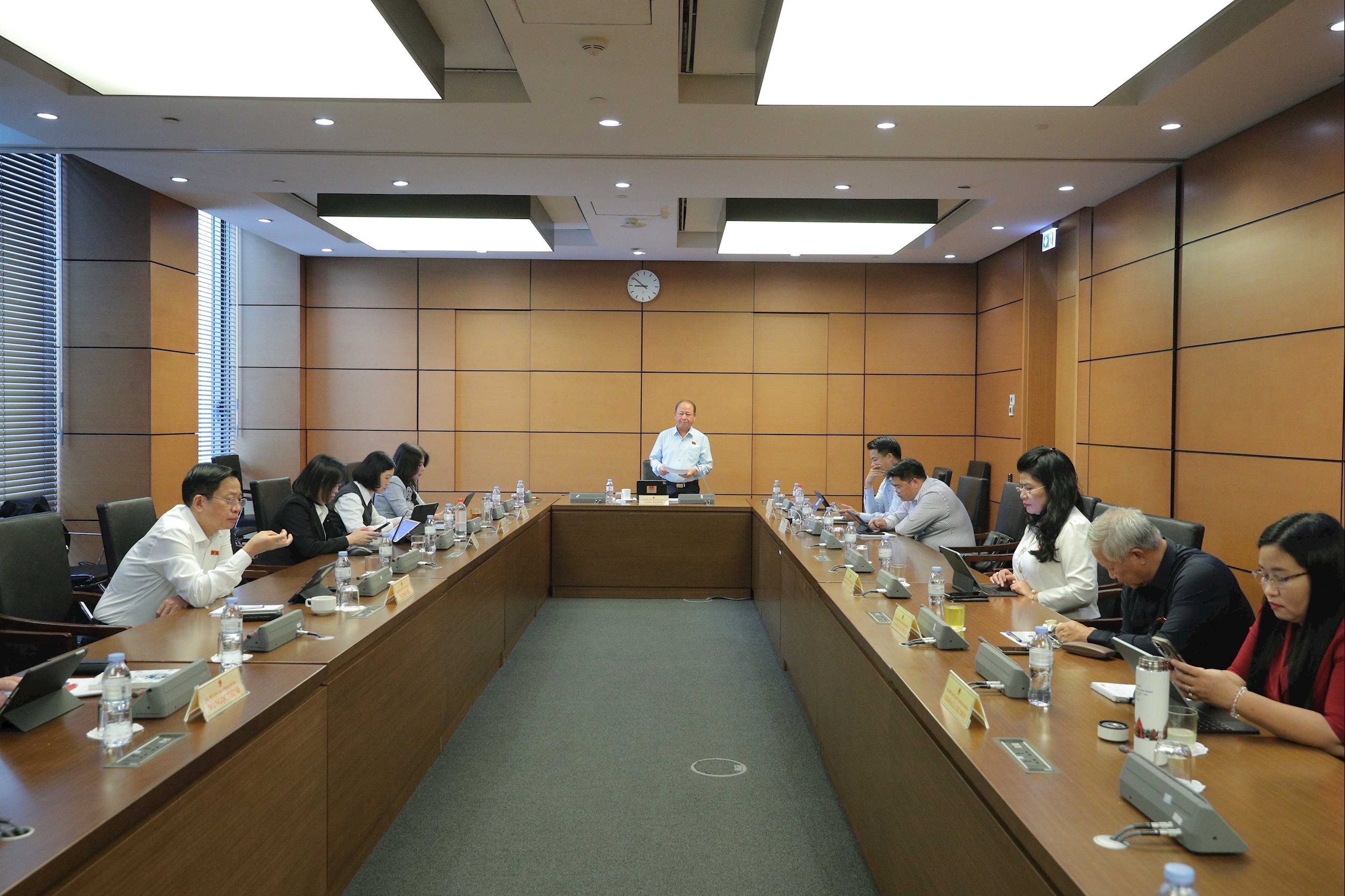
Regarding the scope, approach and name of the draft Resolution, I propose that the Government and the Reviewing Agency continue to research and review carefully, adhering to the principle that the Reviewing Agency has stated, which is not to re-regulate issues that have been regulated in laws, but only to select and retain mechanisms and policies that are truly necessary to remove obstacles and address urgent needs.
Regarding the name of the Resolution, from a legislative perspective, I see this as not just a story about the technicality of the name but how we place the legal position of this Resolution.
Therefore, if this is determined to be a pilot Resolution as stated in the Social Committee's Inspection Report, it is necessary to clearly stipulate the scope of the pilot, the pilot period, the summary mechanism and convert it into law.
If the current name is retained, but the content contains many mechanisms that go beyond the law and can have wide and long-term impacts, we need to strictly ensure its constitutionality and legality, and avoid creating a precedent of expanding the scope of the resolution beyond the framework of the Law on Promulgation of Legal Documents.
Therefore, I request the Drafting Agency and the Reviewing Agency to clarify more in the explanatory report about this option, so that delegates have enough information when deciding.
Supplementing monitoring mechanisms and making the recruitment and mobilization process transparent
Regarding specific mechanisms and policies (from Article 2 to Article 7 of the draft Resolution). Article 2 mentions human resource development in the education sector. This is the “heart of the Resolution” and I would like to raise three points.
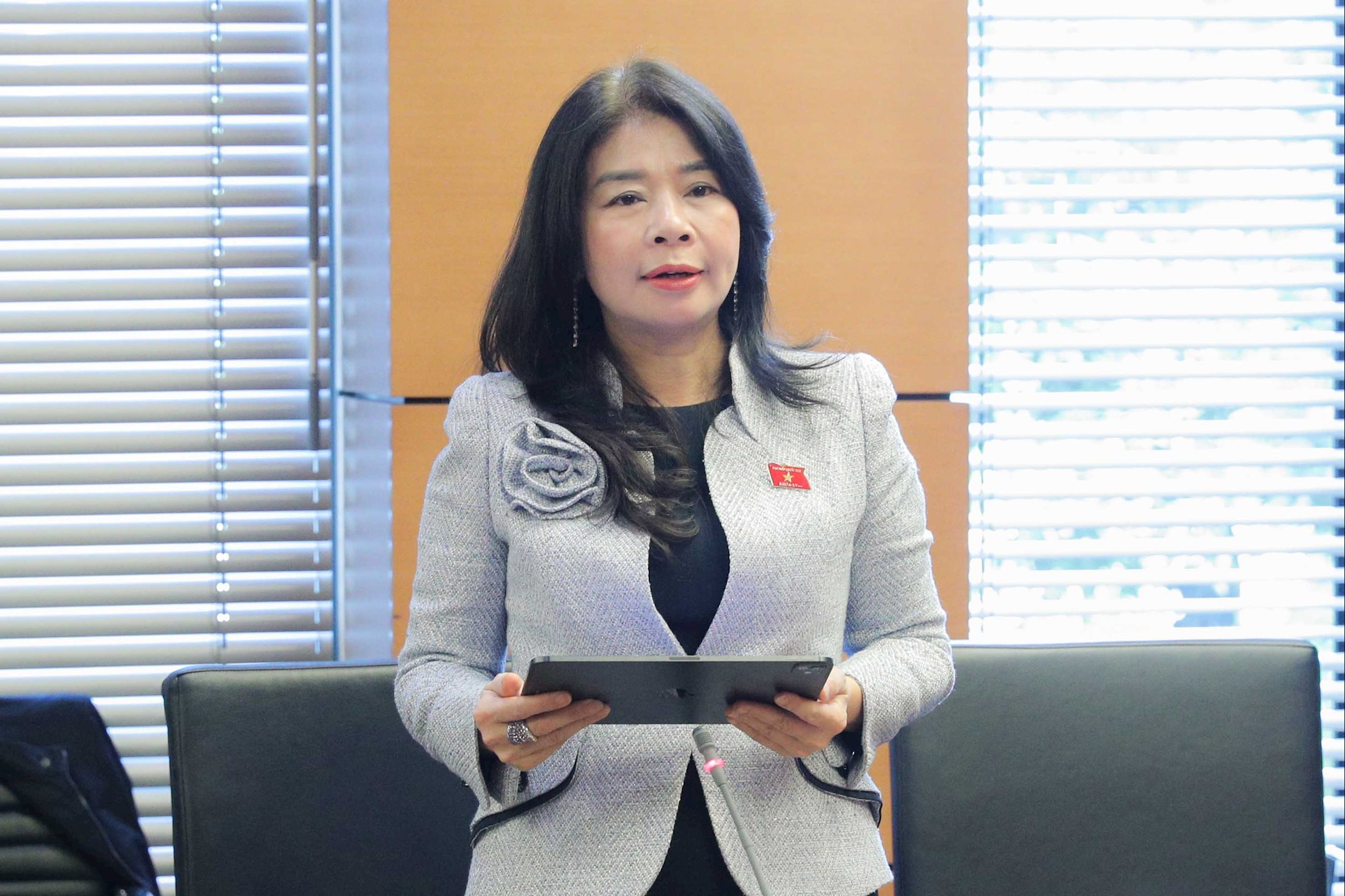
First, decentralize the recruitment and transfer of teachers to avoid fragmentation but must be supervised. The draft Resolution has assigned the Director of the Department of Education and Training to exercise the authority to recruit, receive, transfer, and second teachers, managers, and employees for public educational institutions in the province. At the same time, assign the Chairman of the People's Committee at the commune level to part of the authority within the scope of educational institutions under his management.
I agree with the reason given in the comparison. That is, if the commune level continues to disperse its authority, it will not be able to handle the situation of local surplus and shortage among localities within the same province and will lead to "giving up" in the face of places that have a long-term shortage of teachers while other places have a surplus. However, the following two points need to be clarified.
First, it is necessary to strictly define the scope of mobilization related to two or more commune-level administrative units. The audit report has shown that the current writing can be understood as extending to two different provinces, while the director of a department of one province cannot have authority over the personnel of another province.
Therefore, I propose to clarify it to "involving two or more commune-level administrative units in the same province" and if the transfer is inter-provincial, it must be carried out in accordance with the regulations and authority of the higher authority.
Second, it is necessary to supplement the monitoring mechanism and make the recruitment and assignment process transparent. When we concentrate authority in the department, we can solve the problem of fragmentation but it also poses new challenges, which are the risk of asking for favors, favoritism, localism, and even negativity in the recruitment and assignment of teachers.
Currently, the draft Resolution only mentions authority but does not have any regulations on accountability, periodic reporting, and information disclosure. Therefore, I propose to add requirements to build and operate a human resources database for the education sector at the provincial level, and to publicize the list of successful candidates and transfer criteria.
Along with that, design an independent inspection and audit mechanism for the recruitment, transfer, and assignment of teachers, especially in areas sensitive to personnel.
The review agency also suggested a direction worth considering, which is to study decentralization of authority to qualified public educational institutions to conduct recruitment and admission themselves. I fully support this direction.
Because if we just pull everything back to the department without simultaneously building autonomous points at strong, qualified schools, it will be very difficult to create competitive motivation and attract high-quality human resources.
The resolution may provide for a principle that accredited schools with good governance capacity may exercise some recruitment authority under the supervision of the Department.
Clarifying financial sources to pay for international experts and scientists
The second point is the coordination mechanism, sharing human resources and experts, avoiding overlap with the co-organic mechanism.
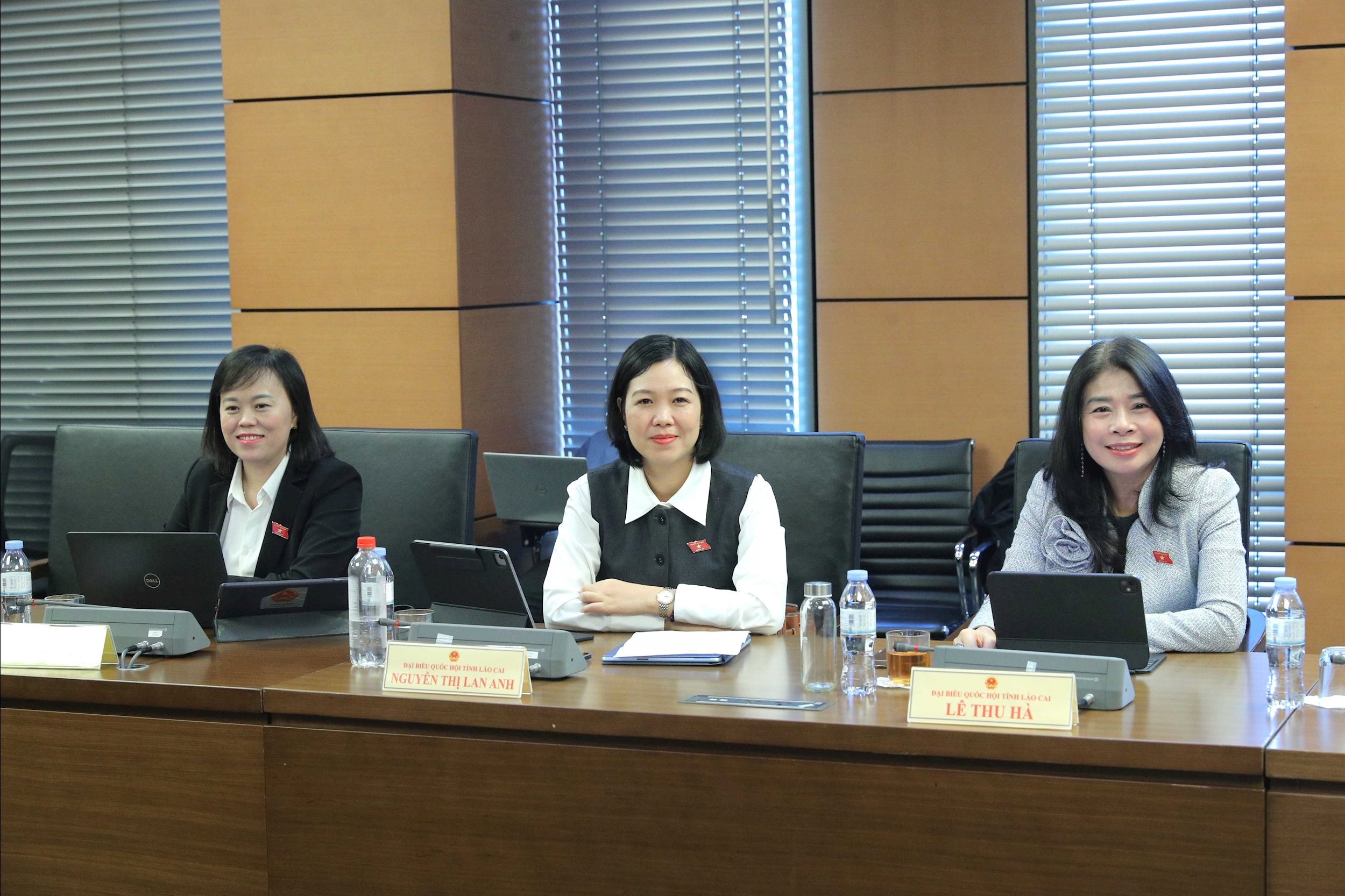
The current draft Resolution allows heads of state educational institutions and public universities to use the mechanism of coordination and sharing of human resources with research institutes, medical facilities, enterprises, scientific and technological organizations and to autonomously determine job positions and sign contracts with experts, scientists, and PhDs who are foreigners or overseas Vietnamese who self-certify work permit exemption for up to 3 years.
I think this is a very correct way of thinking. We must open schools to research institutes and businesses; we must have autonomy in human resources and attract international experts to be able to raise the level of university and vocational education.
To be feasible, I think at least three points need to be clarified.
Firstly , clearly distinguish it from the mechanism of co-tenured lecturers being designed in the Law on Higher Education (amended) and the Law on Teachers. If the laws are moving in the direction of tightening the ability of a lecturer to be co-tenured at many schools, while the Resolution expands the mechanism of sharing human resources without limits, it is easy to create legal conflicts and gaps in quality control. The review agency has also noted this point and requested clarification.
Second, clarify the financial sources to pay for international experts and scientists. I propose to clearly affirm in the Resolution that the signing of contracts under agreements with foreign experts and scientists only uses legal sources of income outside the state budget or from schools, from sponsored programs and projects, to avoid creating pressure on regular state budget expenditures and to avoid misunderstandings that the budget will cover all of this special mechanism.
Third, be cautious about extending the work permit exemption confirmation period to 3 years. While the current regulation only allows a maximum of 2 years, extending it to 3 years requires a very thorough explanation of the risk assessment, criteria, subjects and extension mechanism.
Teachers' welfare policy needs to prioritize disadvantaged areas.
The third point is that teacher remuneration policies must go hand in hand with resource plans and prioritize disadvantaged areas.
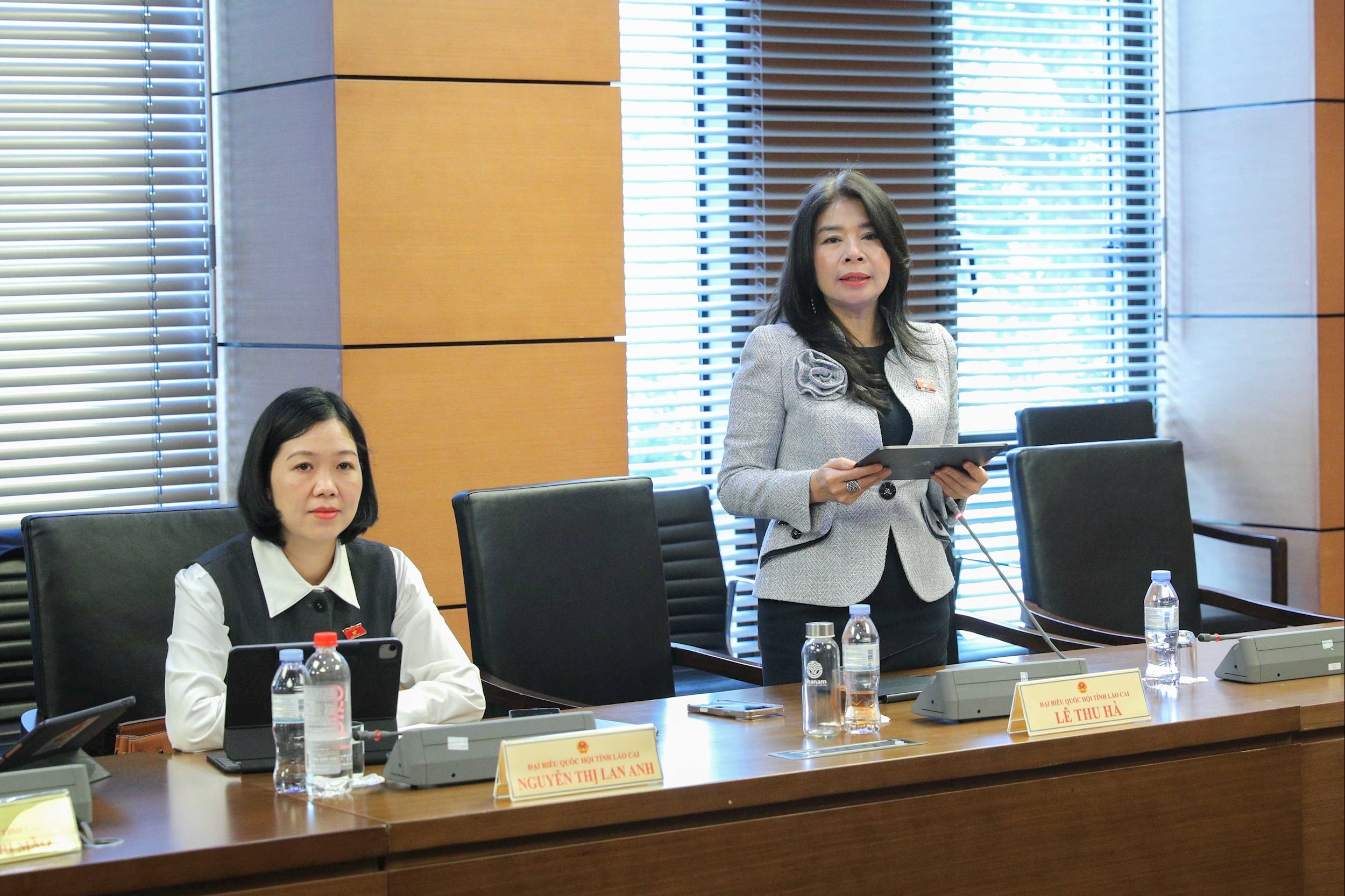
I very much welcome the regulation on the minimum preferential allowance of 70% for preschool and primary school teachers; 30% for staff and 100% for teachers in especially difficult areas, border areas, islands and ethnic minority areas. This is the direct institutionalization of Resolution No. 71-NQ/TW of the Politburo.
However, as the Auditing Agency also emphasized, this is a policy with a very large budget impact. Therefore, I suggest that the Government should submit a Resolution on the medium-term financial plan for 2026 - 2030 for this group of policies, to avoid the situation where the regulations are very good but resources cannot be allocated for implementation or are implemented in a limited manner.
Regarding the roadmap, priority should be given to teachers in especially difficult areas, ethnic minority areas, border areas, and islands, where there is a serious shortage of teachers and a risk of resource drain.
When granting autonomy to state educational institutions and universities in deciding on additional income for teachers, we must also require publicity, transparency, and linking it to task performance results, avoiding turning autonomy into a dark space of interests.
Source: https://daibieunhandan.vn/pho-chu-nhiem-van-phong-quoc-hoi-le-thu-ha-chinh-sach-dai-ngo-nha-giao-phai-di-lien-voi-phuong-an-nguon-luc-10395921.html





![[Photo] General Secretary To Lam and National Assembly Chairman Tran Thanh Man attend the 80th Anniversary of the Traditional Day of the Vietnamese Inspection Sector](https://vphoto.vietnam.vn/thumb/1200x675/vietnam/resource/IMAGE/2025/11/17/1763356362984_a2-bnd-7940-3561-jpg.webp)



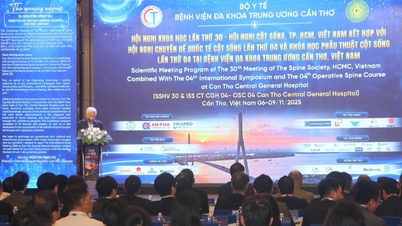









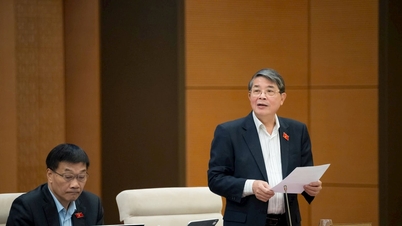
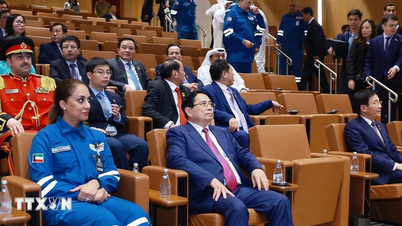




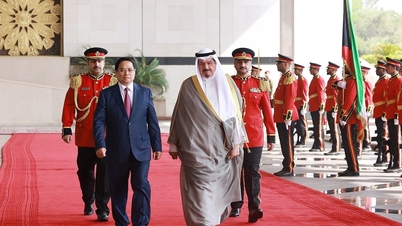
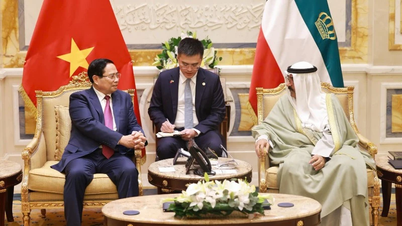





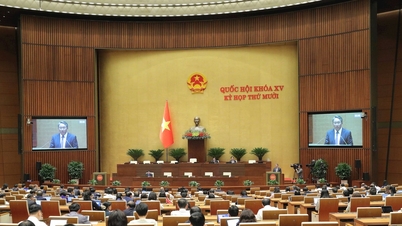
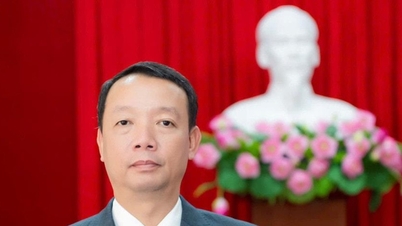

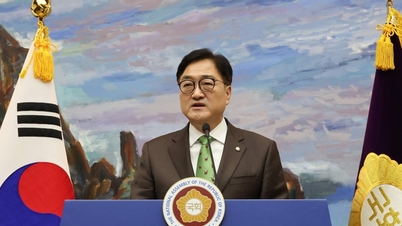

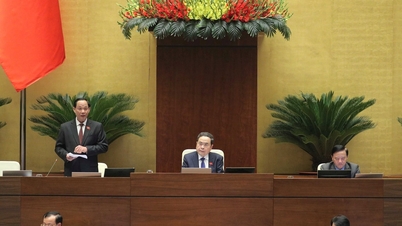


















































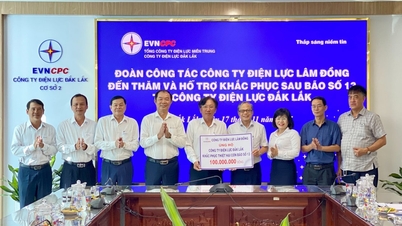



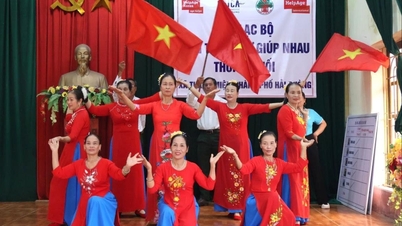
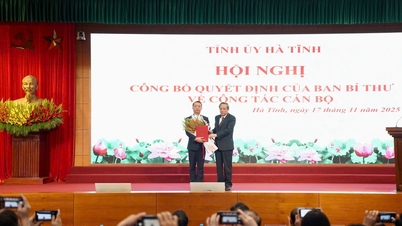

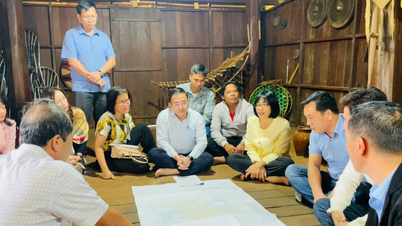
















Comment (0)